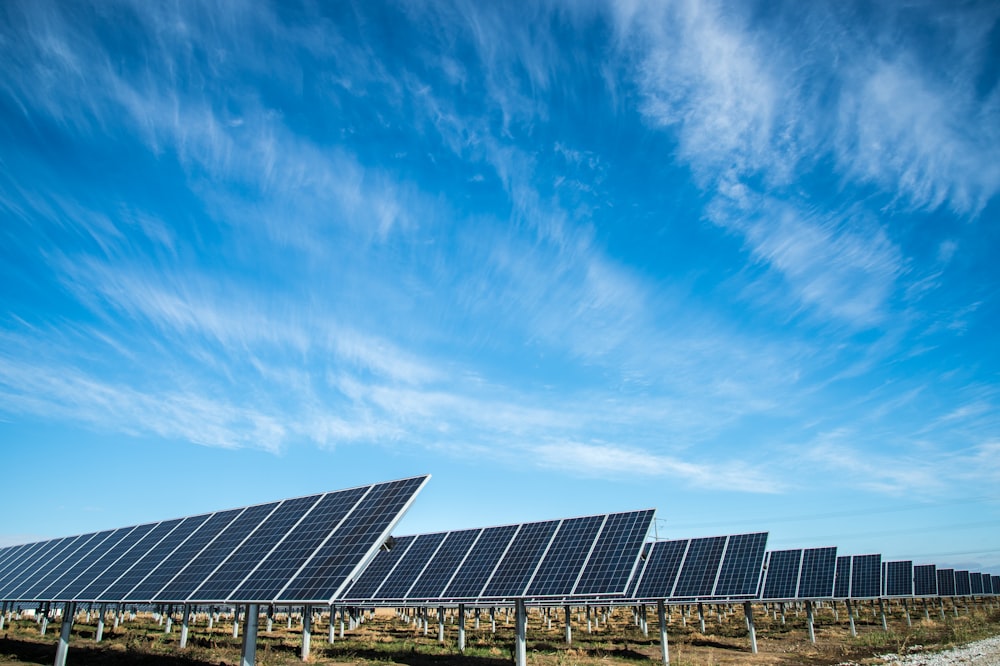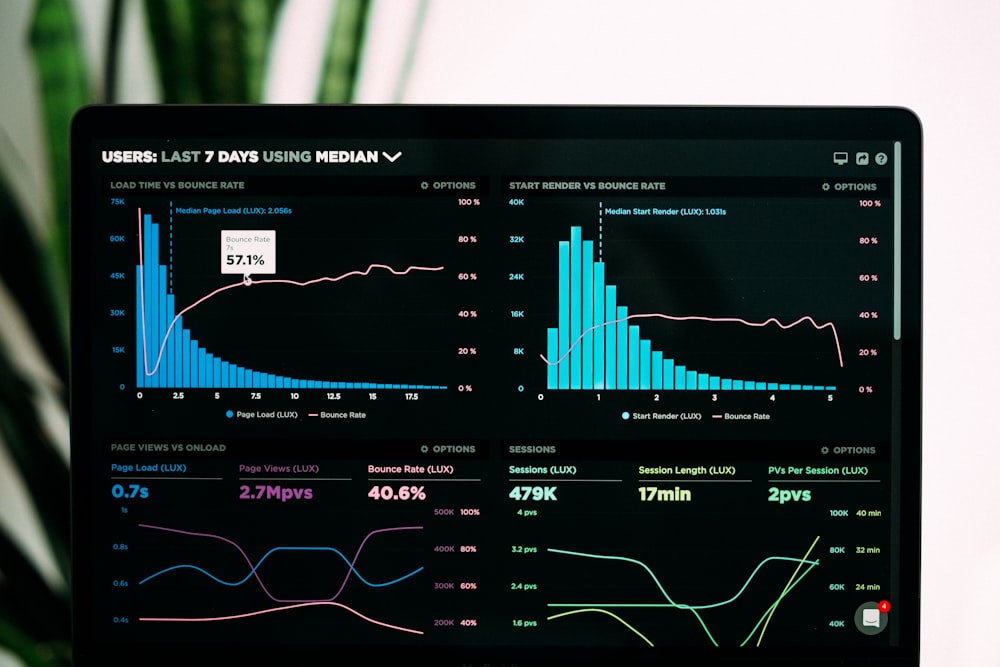Recently, Pakistan announced plans to integrate Bitcoin mining with its energy strategy to attract crypto firms, coinciding with the launch of its first Bitcoin reserve at the Bitcoin Vegas 2025 conference. However, this has sparked backlash from the IMF, especially given the existing widespread energy shortages and ongoing negotiations for financial bailouts. Officials from Pakistan are now faced with tough questions regarding the viability of their mining initiative.
Current electricity rates for industries are around $0.22 per kilowatt-hour (kWh), significantly higher than those in other regions where mining is lucrative, like Texas. This exorbitant cost could lead to estimates of $132,000 to mine a single Bitcoin in Pakistan. Even with proposed subsidies lowering the price to $0.09/kWh, local engineer Sana Zakir warns that the model relies on unsustainable supports that contradict Pakistan's IMF agreements, which discourage blanket energy subsidies.
Moreover, the IMF has noted that it was not consulted on this mining plan, highlighting legal uncertainties surrounding cryptocurrency in Pakistan. This has raised alarms regarding the newly established Pakistan Digital Asset Authority, responsible for overseeing exchanges and tokenization efforts, presenting a cautionary note on the country's ability to manage crypto regulation effectively.
Though potential exists for Pakistan to capitalize on cheap labor and untapped renewable energy resources, the necessary groundwork is currently lacking. Without significant improvements to its infrastructure, energy pricing, and regulatory clarity, Pakistan risks transforming this ambitious plan into a self-created crisis.



